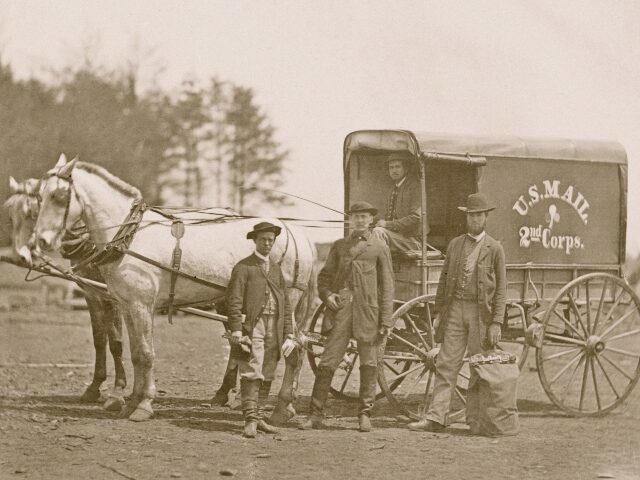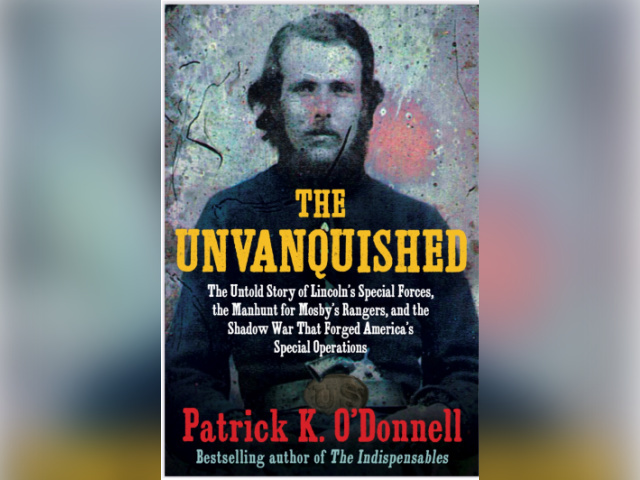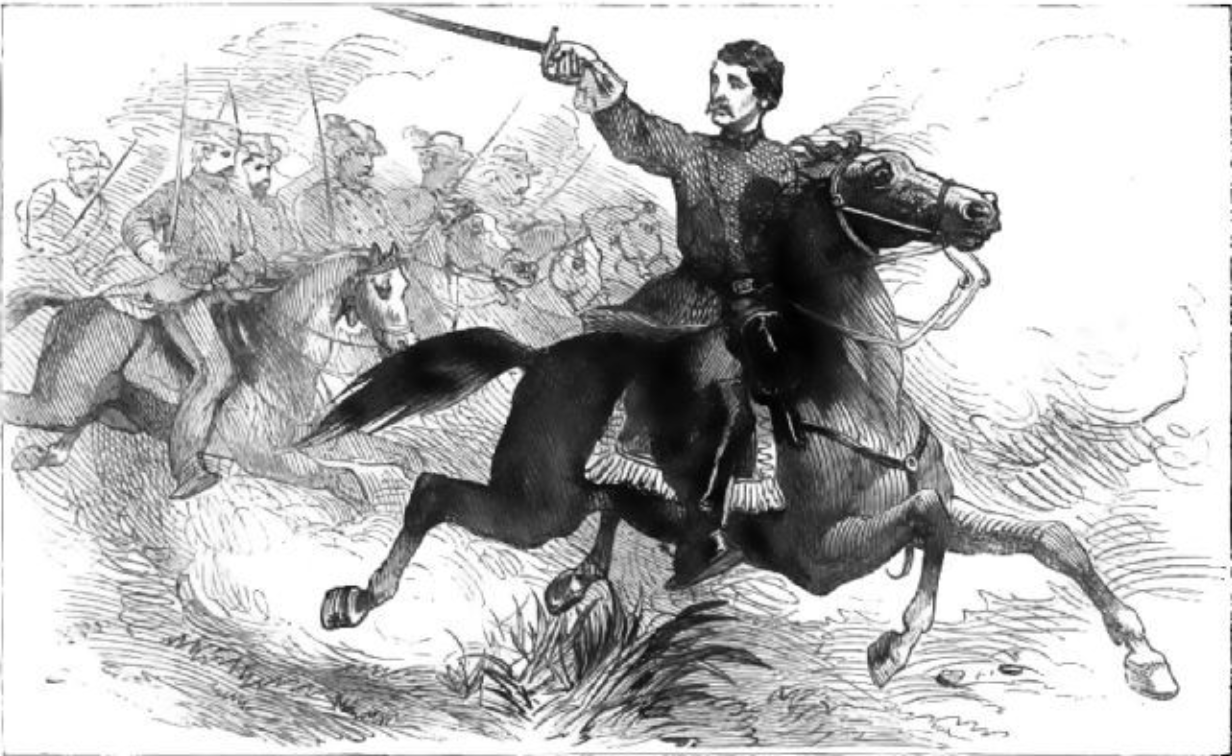Ballot manipulation in the United States is nothing new. Absentee ballots were allowed for the first time in the presidential election of 1864 because of the massive number of Union soldiers in the field.
Mail-in ballots were introduced as a solution to allow soldiers to vote absentee. Although many soldiers were allowed furlough to vote, others were not. They voted in their camps, and then officials mailed the ballots. Democrats, knowing most Union soldiers would vote for Lincoln, furiously fought the measure in court. The controversial mail-in measure moved forward anyway.
Manipulation was suspected and confirmed immediately. One of American history’s most elaborate electoral conspiracies was soon uncovered by a county official, Orville Wood, who traveled from upstate New York to Baltimore to monitor the mail-in ballots and ensure that the votes of his county’s soldiers were counted properly. While visiting one of America’s most sacred sites, the home of the “Star-Spangled Banner,” Fort McHenry, Wood observed soldiers “checker playing” with the ballots, and his “suspicions were aroused.”
To gain access to the process and the trust of the supervisor involved in the conspiracy, Wood insinuated that he was a Democrat and McClellan supporter. The supervisor, Mr. Ferry, then brought Wood into the fold. “McClellan received 400 votes and Lincoln 11. [Wood] expressed surprise at the few votes polled for Lincoln when Mr. Ferry said that, when Union votes came into that office, they were all right when they went out and that they were doing more here than he thought of.”
Wood first played into the scheme, personally altering thousands of ballots to make them votes for McClellan, then later brought evidence to authorities, exposing the entire operation. The supervisor shockingly provided a full confession of his illicit activity. A military commission was called to rectify the process, and the committee’s bombshell findings were revealed just before the election.
The full details of this and other Civil War election interference stories and press influence operations are uncovered in my bestselling book, The Unvanquished: The Untold Story of Lincoln’s Special Forces, the Manhunt for Mosby’s Rangers, and the Shadow War That Forged America’s Special Operations. The book reveals the drama of the irregular guerrilla warfare that altered the course of the Civil War, including the story of Blazer’s Scouts, elements of Lincoln’s Special Forces tasked with hunting Mosby and his Confederate Rangers from 1863 to the war’s end at Appomattox—a previously untold story that inspired the creation of U.S. modern special operations in World War II. The book also captures the story of the Confederate Secret Service.
Mail-in ballot manipulation wasn’t the only form of vote tampering during the election of 1864. John Singleton Mosby and other Confederate irregulars also attempted to capture ballot boxes, but most of their efforts failed. Ultimately, seven out of ten Union troops would vote for Lincoln and the continuation of the war.
Even false identification was used. Harry Gilmor’s Raiders, a Confederate partisan group and recon force disguised in Union blue uniforms one day suddenly found themselves face-to-face with four real Union Scouts. Gilmor convinced the soldiers his men were part of the Union cavalry as the group rode toward camp to vote in the presidential election. Gilmor smiled and made small talk, “I suppose you will vote for Lincoln?” Lincoln’s Special Forces replied in the affirmative and showed the Confederate irregulars their “tickets” to cast ballots. Upon Gilmor’s silent signal, his men had pistols in their enemies’ faces. The Union men surrendered without a fight. “We took their papers and tickets to Sheridan’s camp, and there voted for Lincoln! This gave us every facility for gaining information, for of course no one could object to us after voting for Lincoln!”
So not only did Confederate Gilmor’s Raiders vote for Lincoln in arguably the most consequential election in history, but the irregular Union scouts who posed as Confederates, called Jessie Scouts, also did. The war and election galvanized the beliefs of many of the men who had been battling the Confederacy for years. As Arch Rowland fondly wrote to a fellow Scout years later, “Each of us having two years’ experience as Scouts. And I may say we are both hard-shelled Republicans. I voted for Abe Lincoln in 64, at Martinsburg, when I was nineteen, and have never strayed from that path since.”
Patrick K. O’Donnell is a bestselling, critically acclaimed military historian and an expert on elite units. He is the author of thirteen books, including his new bestselling book on the Civil War The Unvanquished: The Untold Story of Lincoln’s Special Forces, the Manhunt for Mosby’s Rangers, and the Shadow War That Forged America’s Special Operations, currently in the front display of Barnes and Noble stores nationwide. O’Donnell’s other bestsellers include: The Indispensables, The Unknowns, and Washington’s Immortals. O’Donnell served as a combat historian in a Marine rifle platoon during the Battle of Fallujah and often speaks on espionage, special operations, and counterinsurgency. He has provided historical consulting for DreamWorks’ award-winning miniseries Band of Brothers and documentaries produced by the BBC, the History Channel, and Discovery. PatrickKODonnell.com @combathistorian



COMMENTS
Please let us know if you're having issues with commenting.